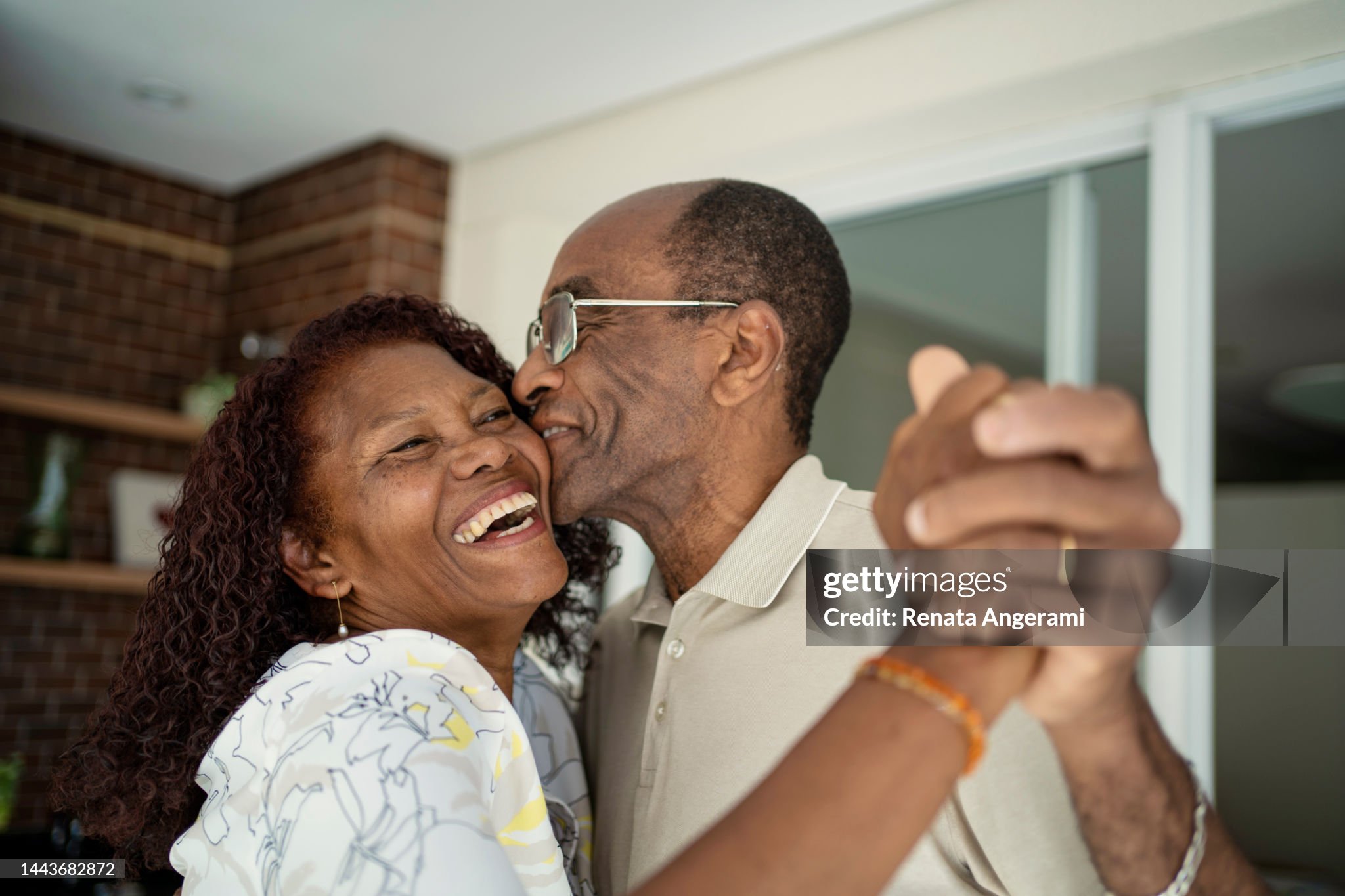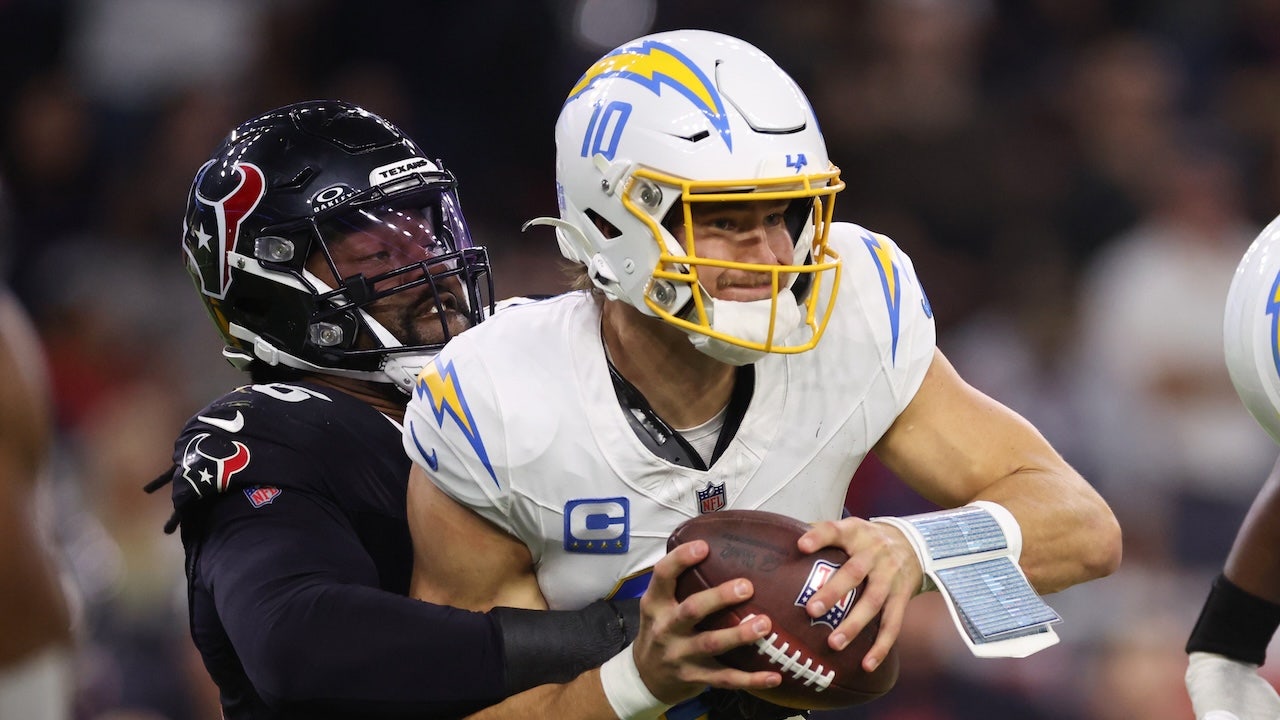CARACAS, Venezuela — The past two months were unlike anything Edmundo González Urrutia had ever experienced: He gave political speeches, shook people’s hands and waved from the top of a truck moving through cheering crowds gathered across Venezuela. He also shed the title of ambassador for that of presidential candidate.
The dramatic life changes for the 74-year-old González transformed him from a virtually unknown devout grandfather into a household name. Sunday he could make history if he defeats President Nicolás Maduro in a highly anticipated election. The vote is the first serious electoral challenge the ruling party has faced in decades.
“A phrase that has been said to me repeatedly is ‘You are my last hope,’” González told reporters Thursday referring to supporters. “I want to tell you that you are the hope. You have filled me with strength to face what has undoubtedly been the most unequal electoral campaign in the history of electoral processes in Venezuela.”
González is on the ballot representing the Unitary Platform, a coalition of Venezuela’s main opposition parties, but until April, he had never imagined running for office, let alone for president.
The coalition selected him in April as a last-minute stand-in for opposition powerhouse Maria Corina Machado, who was blocked by the Maduro-controlled Supreme Tribunal of Justice from running for any office for 15 years. Machado, a former lawmaker, swept the opposition’s October primary with more than 90% of the vote.
After Machado was blocked from joining the presidential race, she chose a college professor as her substitute on the ballot, but the ruling party-loyal National Electoral Council also barred her from registering. That’s when González, a political newcomer, was chosen.
Sunday’s ballot also features eight other candidates challenging Maduro, but only González threatens the president’s aspirations for a third term.
Even among Venezuela’s opposition, few knew of the former diplomat before he was announced as the coalition’s candidate. Before González joined Machado on the campaign trail, she became his surrogate, allocating a minute or so of her stump to him, describing him as an honest family man and urging her supporters to cast their votes for him.
González began his professional career as an aide to Venezuela’s ambassador in the U.S. He had postings in Belgium and El Salvador and served as Caracas’ ambassador to Algeria.
His last post was as Venezuela’s ambassador to Argentina during the first years of the government of Hugo Chávez, Maduro’s predecessor and mentor. More recently, he worked as an international relations consultant, writing about recent political developments in Argentina as well as authoring a historical work on Venezuela’s foreign minister during World War II.
His years in El Salvador and Algeria coincided with periods of armed conflicts in both countries. For a time, his whereabouts were tracked by locals in El Salvador, and he would get calls at home meant to intimidate him, with the callers saying they were aware that González had just gotten home.
He had just returned to Venezuela’s capital, Caracas, from a trip to Europe to visit a daughter and grandchildren when opposition leaders presented him with the idea of becoming a candidate. He conditioned his acceptance to a few matters, including that his wife be convinced of the decision. Not only did she agree, she also stood next to him on stages and trucks, and both waved to the crowds of young and old who gathered by the thousands to see them during the campaign.
His characteristic subdued tone and poker face, forged in his years as a diplomat, go against the image of boisterous politicians to which voters are accustomed. Maduro and his allies have taken his demeanor as a sign of weakness and chastised him on national TV and at campaign events. That kind of demeaning language is among the many changes González wishes to see in Venezuela. In his short campaign, he has emphasized the decency that he wants Venezuelans to experience again, from that of a living wage to reliable public utilities.
“Enough shouting, enough insults, it’s time to reunite,” González told supporters.
Should he win, González will end Venezuela’s 25 years under the policies that Chávez described as socialism for the 21st century and installed after becoming president in 1999. González has not presented his government plan, but that does not seem to worry opposition supporters, many of whom think the only important plan ahead of the election is the one that gets Maduro defeated at the polls Sunday.
“What is happening? People no longer buy the socialism story,” Leonardo Guerrero, a layman church leader in the western state of Barinas, said after a recent service. Mass required the use of a battery-powered speaker because power had been out for hours.





















Discussion about this post